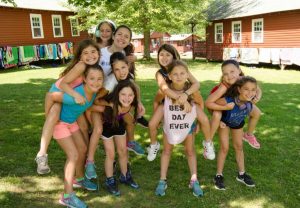
We all know that feeling you get when you hear someone say “Now we’re all going to stand up and say something about ourselves…” or “find a partner and….” Or “we are all going to stand in a circle and….” We look around, wondering if we are the only ones who feel uncomfortable or want to sink into our chair and pretend to be invisible. These icebreakers are common on the first day of school, a training class, or anywhere where there is a big group of people that need to get comfortable quickly. Icebreakers can be uncomfortable at first, but they really do work. They help get people talking, which quickly build comfort and trust within the group.
Normally, shy people hate icebreakers the most. The thought of walking up to a stranger and asking about their favorite color, or standing up in front of a group and talking about their favorite sport, I won’t give them a heart attack. But icebreakers are the best for shy people, because it allows other people to approach them and gives them a chance to talk about themselves and connect with others.
There are many opportunities to “break the ice “the first few days of camp. There are a lot of new people, and everyone is a little nervous or a little shy. Camp counselors know that “get to know you games quote can be a little uncomfortable, but they tried through and get everybody involved. By the end of the game, people who are shy and hesitant are now laughing smiling and making new friends.
Icebreakers are good for:
- Sharing an experience, during, or skill that you’re good at with the rest of the group.
- Finding other people who have the same things in common as you.
- Lightening the mood in a typically awkward situation.
More often than not, campers credit icebreakers to introducing them to people who become their best friends for the entire summer. At camp, some common icebreakers include: two truths and a lie, the toilet paper game, hula hoop and volleyball games, and celebrity bingo.
It’s very normal to be nervous when you arrive at camp, especially for the first time. It’s also very nervous to be uncomfortable when the counselors set up a game or activity that make you step out of your comfort zone. However, if you can just trust in the process, you may come out of it with a new best friend, or 10.



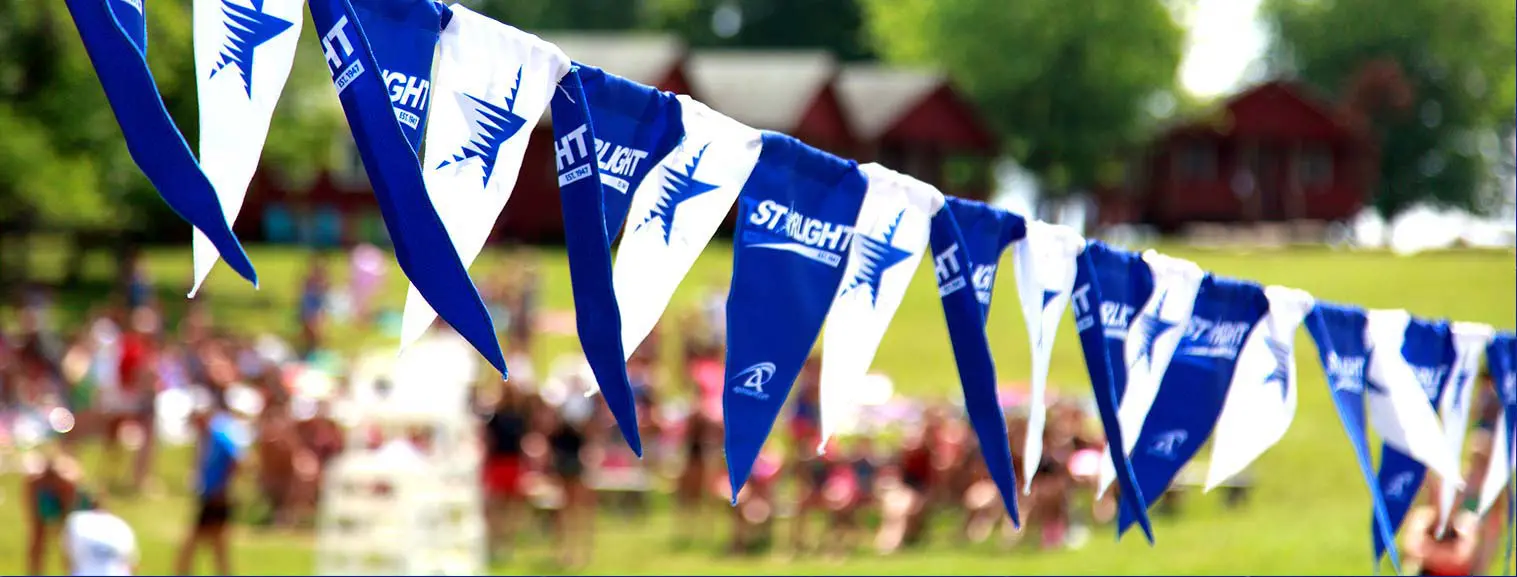
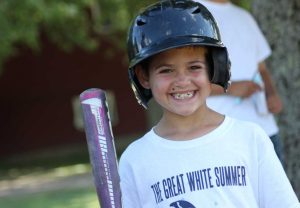


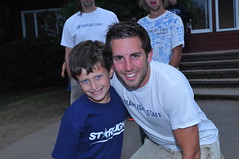 In contrast, one past camp counselor explains, “time management is crucial at camp,” and even if you are familiar with regimented schedules, “a camp counselor is responsible for keeping others in line with the daily schedule.” So the job requires not only learning to manage time personally, but also for large groups and that becomes a skill counselors develop. Camp counselors also “learn to be disciplinarians in strategic ways.” These skills are essential and applicable to keeping an undergraduate student motivated to complete assignments and participate in college activities. So, since professional experience at camp requires “all counselors to be responsible,” and to “learn to be accountable for personal actions as well as those of others,” camp counselors benefit in multiple ways.
In contrast, one past camp counselor explains, “time management is crucial at camp,” and even if you are familiar with regimented schedules, “a camp counselor is responsible for keeping others in line with the daily schedule.” So the job requires not only learning to manage time personally, but also for large groups and that becomes a skill counselors develop. Camp counselors also “learn to be disciplinarians in strategic ways.” These skills are essential and applicable to keeping an undergraduate student motivated to complete assignments and participate in college activities. So, since professional experience at camp requires “all counselors to be responsible,” and to “learn to be accountable for personal actions as well as those of others,” camp counselors benefit in multiple ways.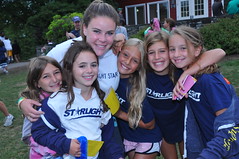 2. Independence and freedom
2. Independence and freedom
